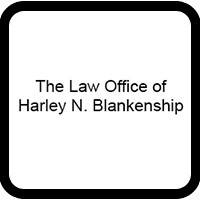 Old Brownsbro Criminal Lawyers, Kentucky
Old Brownsbro Criminal Lawyers, Kentucky
Sponsored Lawyers
1-10 of 44 matches
Criminal, Accident & Injury, Business, Real Estate, Traffic
I am Franklin Yudkn. I have had years of experience handling legal problem and have been able to handle then successfully for my many clients. Licensed to practice law in Kentucky and Indiana A graduate of Indiana University A graduate of the University of Louisville Law School Routinely lecturer to other lawyers. -I am here when you need me. - My contact information is listed below. -To me research and investigation wins cases. -I always believe in fair pricing. -I believe in working hard for my clients.
(more)Criminal, Estate, Real Estate
Harley Blankenship is a practicing lawyer in Louisville, KY after being admitted to the Kentucky Bar in 1970. He received his Juris Doctor in 1970 from The University of Louisville Louis D. Brandeis School of Law.
(more)





